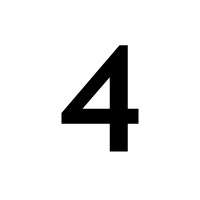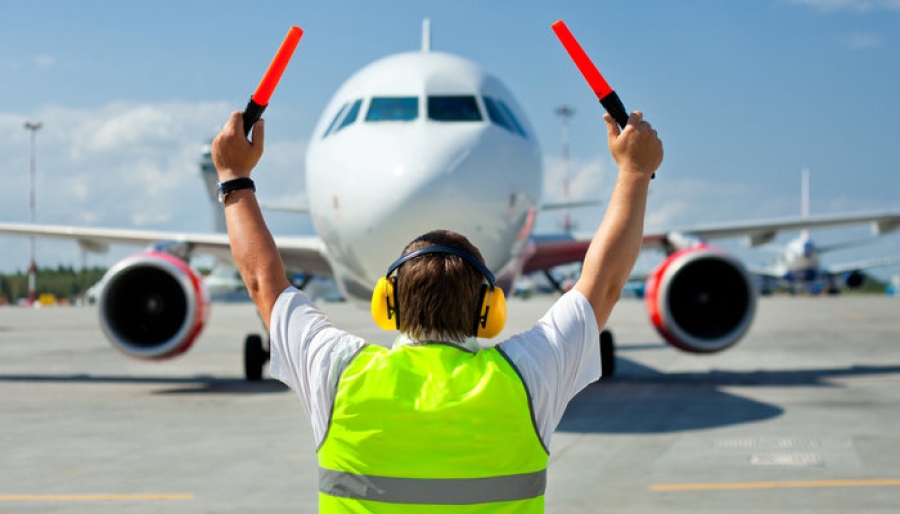- Afghanistan
- Åland Islands
- Albania
- Algeria
- American Samoa
- Andorra
- Angola
- Anguilla
- Antarctica
- Antigua and Barbuda
- Argentina
- Armenia
- Aruba
- Australia
- Austria
- Azerbaijan
- Bahamas
- Bahrain
- Bangladesh
- Barbados
- Belarus
- Belgium
- Belize
- Benin
- Bermuda
- Bhutan
- Bolivia
- Bonaire, Sint Eustatius, and Saba
- Bosnia and Herzegovina
- Botswana
- Bouvet Island
- Brazil
- British Indian Ocean Territory
- British Virgin Islands
- Brunei
- Bulgaria
- Burkina Faso
- Burundi
- Cambodia
- Cameroon
- Canada
- Cape Verde
- Cayman Islands
- Central African Republic
- Chad
- Chile
- China
- Christmas Island
- Cocos [Keeling] Islands
- Colombia
- Comoros
- Cook Islands
- Costa Rica
- Croatia
- Cuba
- Curaçao
- Cyprus
- Czech Republic
- Congo - Kinshasa
- Denmark
- Djibouti
- Dominica
- Dominican Republic
- Timor-Leste
- Ecuador
- Egypt
- El Salvador
- Equatorial Guinea
- Eritrea
- Estonia
- Ethiopia
- Falkland Islands
- Faroe Islands
- Fiji
- Finland
- France
- French Guiana
- French Polynesia
- French Southern Territories
- Gabon
- Gambia
- Georgia
- Germany
- Ghana
- Gibraltar
- Greece
- Greenland
- Grenada
- Guadeloupe
- Guam
- Guatemala
- Guernsey
- Guinea
- Guinea-Bissau
- Guyana
- Haiti
- Heard Island and McDonald Islands
- Honduras
- Hong Kong SAR China
- Hungary
- Iceland
- India
- Indonesia
- Iran
- Iraq
- Ireland
- Isle of Man
- Israel
- Italy
- Côte d’Ivoire
- Jamaica
- Japan
- Jersey
- Jordan
- Kazakhstan
- Kenya
- Kiribati
- Kosovo
- Kuwait
- Kyrgyzstan
- Laos
- Latvia
- Lebanon
- Lesotho
- Liberia
- Libya
- Liechtenstein
- Lithuania
- Luxembourg
- Macau SAR China
- Macedonia
- Madagascar
- Malawi
- Malaysia
- Maldives
- Mali
- Malta
- Marshall Islands
- Martinique
- Mauritania
- Mauritius
- Mayotte
- Mexico
- Micronesia
- Moldova
- Monaco
- Mongolia
- Montenegro
- Montserrat
- Morocco
- Mozambique
- Myanmar [Burma]
- Namibia
- Nauru
- Nepal
- Netherlands
- Netherlands Antilles
- New Caledonia
- New Zealand
- Nicaragua
- Niger
- Nigeria
- Niue
- Norfolk Island
- North Korea
- Northern Mariana Islands
- Norway
- Oman
- Pakistan
- Palau
- Palestinian Territories
- Panama
- Papua New Guinea
- Paraguay
- Peru
- Philippines
- Pitcairn Islands
- Poland
- Portugal
- Puerto Rico
- Qatar
- Congo - Brazzaville
- Réunion
- Romania
- Russia
- Rwanda
- Saint Barthélemy
- Saint Helena
- Saint Kitts and Nevis
- Saint Lucia
- Saint Martin
- Saint Pierre and Miquelon
- Saint Vincent and the Grenadines
- Samoa
- San Marino
- São Tomé and Príncipe
- Saudi Arabia
- Senegal
- Serbia
- Serbia and Montenegro
- Seychelles
- Sierra Leone
- Singapore
- Sint Maarten
- Slovakia
- Slovenia
- Solomon Islands
- Somalia
- South Africa
- South Georgia and the South Sandwich Islands
- South Korea
- South Sudan
- Spain
- Sri Lanka
- Sudan
- Suriname
- Svalbard and Jan Mayen
- Swaziland
- Sweden
- Switzerland
- Syria
- Taiwan
- Tajikistan
- Tanzania
- Thailand
- Togo
- Tokelau
- Tonga
- Trinidad and Tobago
- Tunisia
- Turkey
- Turkmenistan
- Turks and Caicos Islands
- Tuvalu
- U.S. Virgin Islands
- Uganda
- Ukraine
- United Arab Emirates
- United Kingdom
- United States
- U.S. Minor Outlying Islands
- Uruguay
- Uzbekistan
- Vanuatu
- Vatican City
- Venezuela
- Vietnam
- Wallis and Futuna
- Western Sahara
- Yemen
- Zambia
- Zimbabwe
How to Deal with Job Interview Stress

How to Deal with Job Interview Stress
Relax, breathe, and take your time
Simply said, interviews are a terrifying experience. However, while anxiety is unavoidable, it may be managed with a few easy words: Breathe. Relax. And then do it again.
With this in mind, pay attention to your body language (making sure you're maintaining eye contact, sitting up straight, and avoiding the need to fidget), slow down your words, and think through your responses before speaking. It's always a good idea to take a moment to think.
To help you relax, it's also crucial to focus on the good. There's a reason you've been invited to an interview. Clearly, you've done something correctly. The good news is that they already like you, so aside from the awkward interview moments, what could possibly go wrong?
Nail your interview answers
When it comes to interviews, many people make the mistake of trying to wing it.
Even if you think the 'crazy risk taker' method is best for you, straining to react to a question you haven't prepared for won't make you feel any better. What's more, it won't get you the job.
Prepare potential answers a few days ahead of time to avoid awkward silences. That way, you'll have a clean head to remember everything you've learned, and all you'll have to worry about the night before is a short refresh and a good night's sleep.
Are you unsure which questions will be asked? Don't worry, we can assist you with it as well.
Think of the interview as a conversation, not an interrogation
Interviews are frequently used to determine whether you're a good fit for the firm as much as they are to assess your talents and experience. So, rather of focusing entirely on all of the challenging interview questions that may arise, never overlook the value of compatibility.
With this in mind, try to be natural while keeping a professional demeanour. Avoid reciting a list of memorised interview responses. Instead, attempt to recall at least five abilities or areas of experience that qualify you for the job and effortlessly weave them into your responses. It's also a good idea to do some preliminary research about the company before your interview.
Remember that your interviewers are actually human
Forget about the formality and remember that your interviewer/s are human*, therefore they may be scared as well. Imagining them as flawless paragons of professional perfection is the source of a lot of interview anxiety – and it's something that can be avoided.
Remember that your interviewers are well aware that interviewees may be nervous on the day of the interview. They also recognise that everyone make mistakes and would not criticise you if you make a mistake once or twice due to nerves.
Video interviews are the same way. Because most people are still getting used to this new medium, your interviewers will be understanding of any minor technology glitches or potential disruptions.
Don’t overdo it with the caffeine intake
While drinking 17 pots of coffee right before an interview may seem like a good idea at the moment, a caffeine overdose can often have the opposite effect and leave you feeling even more shaky than before.
Let's face it: the last thing you want to do is be constantly squirming in front of your interviewers, leading them to believe you're simply not interested enough in the position to concentrate.
Caffeine also raises your heart rate, which can contribute to'sweaty palm syndrome' (definitely a real thing). Something you don't want to be amplified is generally something you don't want to be amplified.
Instead, get a good night's sleep before the big day to ensure you're well rested and energised without relying on alcoholic beverages to keep you awake. Keep in mind that energy is everything.

 by Admin
by Admin


